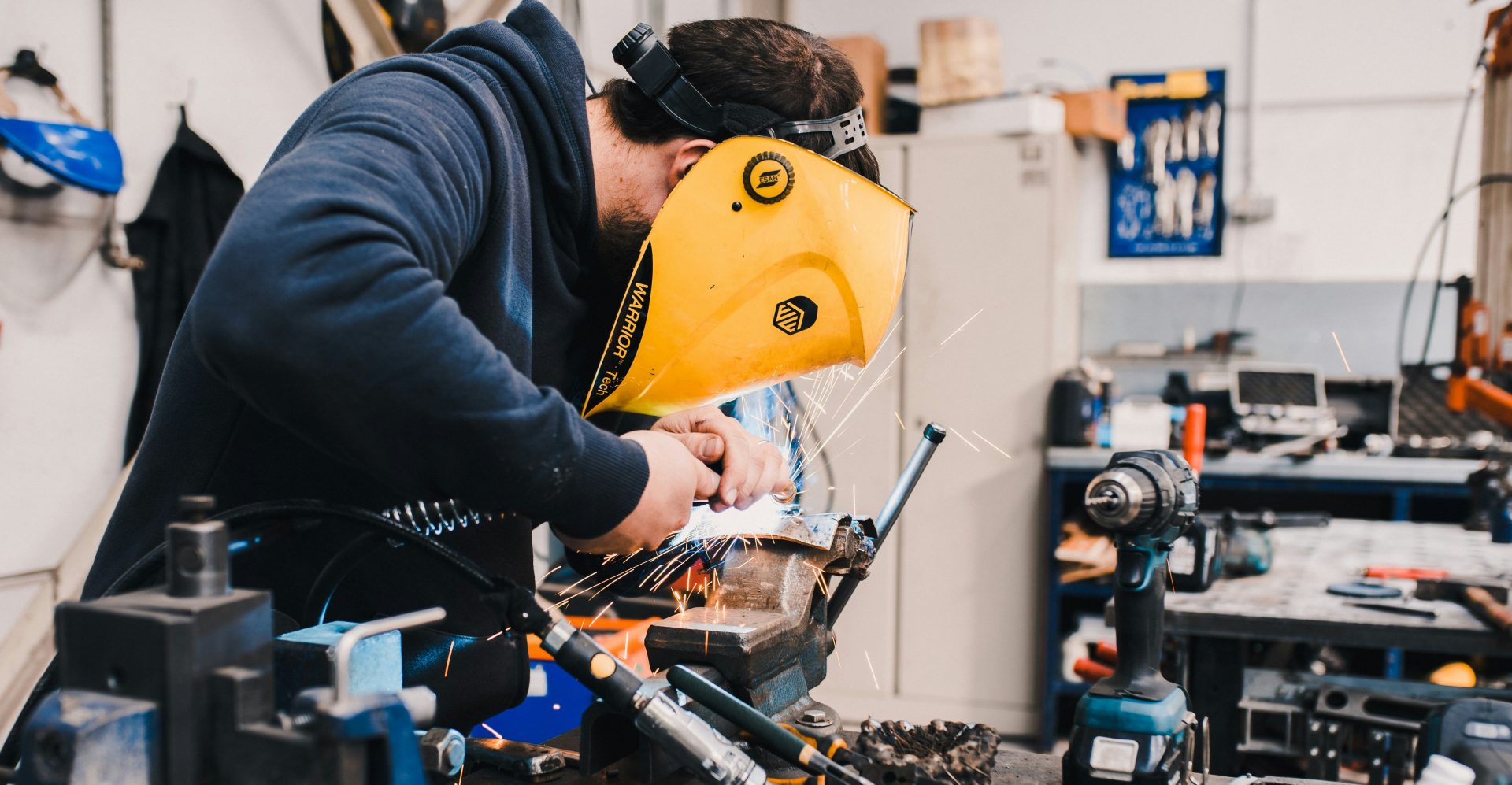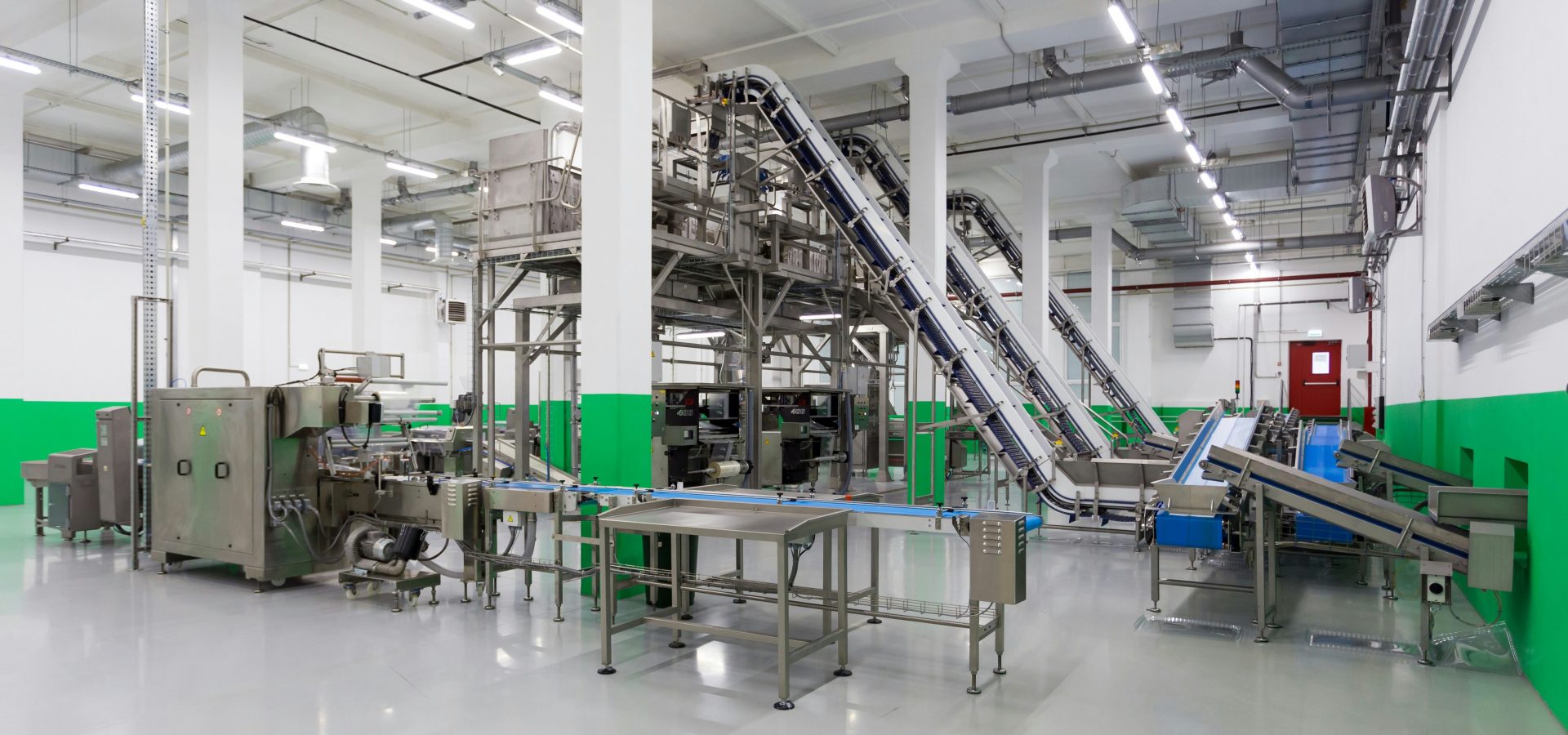In manufacturing, the choice between soft tooling and hard tooling can greatly affect production. Soft tooling offers flexibility and quick prototyping, while hard tooling prioritises durability and precision.

What are soft tools?
Soft tools refer to moulds, dies, or tooling made from materials that are less durable or rigid compared to hard tools. These materials may include silicone, urethane, aluminium, or even certain types of plastics. Soft tools are typically used for processes such as prototyping, low-volume production, or for applications where flexibility and quick modifications are necessary.
Examples of a soft tool:
- Silicone moulds
- 3D printing tools
- Foam tools
- Plastic tools and equipment
What are hard tools?
Hard tools on the other hand are moulds, dies, or tooling solutions made from durable and rigid materials such as steel or hardened metals. Unlike soft tools, these tool types are designed for long-term use and high-volume production, making them ideal for the mass production of parts or products in industries such as automotive, engineering and construction.
- Steel moulds
- Die-cast dies
- CNC machining
- Extrusion dies
- Welding equipment

What is the difference between soft tools and hard tools?
The main differences between soft tools and hard tools lie in their materials, durability, and intended use. Soft tools offer flexibility and rapid prototyping capabilities but may lack durability, while hard tools prioritise durability, precision, and consistency for long-term, high-volume production meaning different industries can benefit for different reasons.
Materials
Soft tools are typically made from less rigid materials such as silicone, urethane, or certain plastics, hard tools on the other hand are made from durable and rigid materials such as steel or hardened metals.
Durability
Soft tools have shorter lifespans and may wear out more quickly, especially under high-volume production conditions. These tools may need to be replaced more frequently and can’t withstand high pressures. Hard tools are designed for long-term use and can withstand continuous high-volume production with minimal wear. These tools might be found in factories and construction plants.
Usage
Hard tools are ideal for mass production scenarios where precision, consistency, and durability are paramount whereas soft tools are often used for prototyping, low-volume production, or applications where flexibility and quick modifications are necessary.
Tool-making services across the UK
Using the latest industry software combined with modern CNC equipment and an experienced team of toolmakers, we manage your requirements in-house from start to finish. Tooling is a necessary industry in which many have placed their confidence when in need of bespoke equipment.
If you or your business are in need of expert toolmakers, Pro Moulds has a team to help you out, plus we’re all under one roof! Get in touch on 01623 904 417 and we can discuss the next steps!
